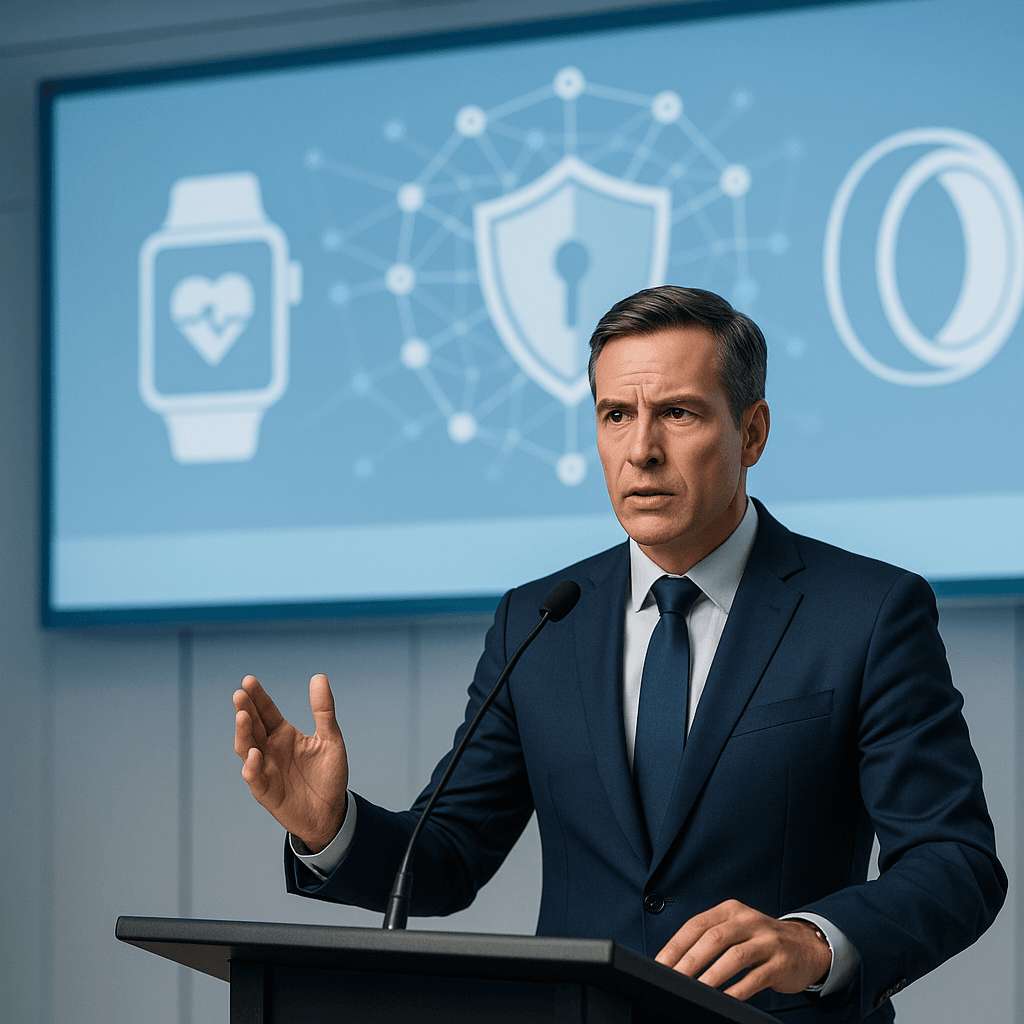Feminist author Laura Bates just dropped a bombshell on the tech industry. Her new book, 'The New Age of Sexism,' exposes how AI is becoming the latest frontier for women's oppression - from deepfake pornography targeting children as young as 10 to sexbots programming misogyny into teenage boys. The timing couldn't be more urgent as these technologies embed themselves into society's foundation.
The alarm bells are ringing from inside Silicon Valley itself. When OpenAI's own safety researcher Jan Leike fled the company last year over concerns about prioritizing "shiny products" over safety, it confirmed what feminist activists have been screaming about for years: AI is weaponizing misogyny at scale.
Laura Bates, the London-based author behind The Everyday Sexism Project, spent months diving into the darkest corners of AI technology for her explosive new book. What she found should terrify anyone who cares about the next generation. "Any person of any age who has access to the internet can now make hugely realistic abusive, pornographic images of any woman or girl," Bates tells WIRED in a revealing interview.
The numbers don't lie. Schools across the US, UK, and Australia are seeing 10 and 11-year-old children using AI tools to create pornographic deepfakes of their female classmates. It's not isolated incidents - it's an epidemic enabled by tech companies who've made these tools freely accessible without meaningful safeguards.
But the rabbit hole goes deeper. Teenage boys are customizing AI girlfriends "right down to eye color, breast shape, personality, name" - virtual women programmed to be "utterly submissive and prepared to immediately jump into any sexual encounter" without discussion or consent. These aren't therapeutic tools as companies claim - they're misogyny training simulators.
Amazon's Alexa and Apple's Siri aren't innocent either. Researchers estimate 10% of conversations with virtual assistants are abusive, meaning millions of children grow up hearing female voices being verbally attacked daily. "It impacts our perception of secretarial and administrative tasks as things associated with femaleness," Bates explains.
The environmental crisis adds another layer of harm. A single ChatGPT search burns 10 times more energy than Google, and women bear the brunt of climate disasters globally. Meanwhile, the AI supply chain exploits women in data labeling roles who face harassment and exploitation.
Tech executives know the dangers. Bates points to warnings from inside major companies: "Men at those levels are saying exactly the same thing that I am." But profits come first. Companies making "tens of billions of dollars" claim they can't control their platforms - an excuse that wouldn't fly in any other industry.











